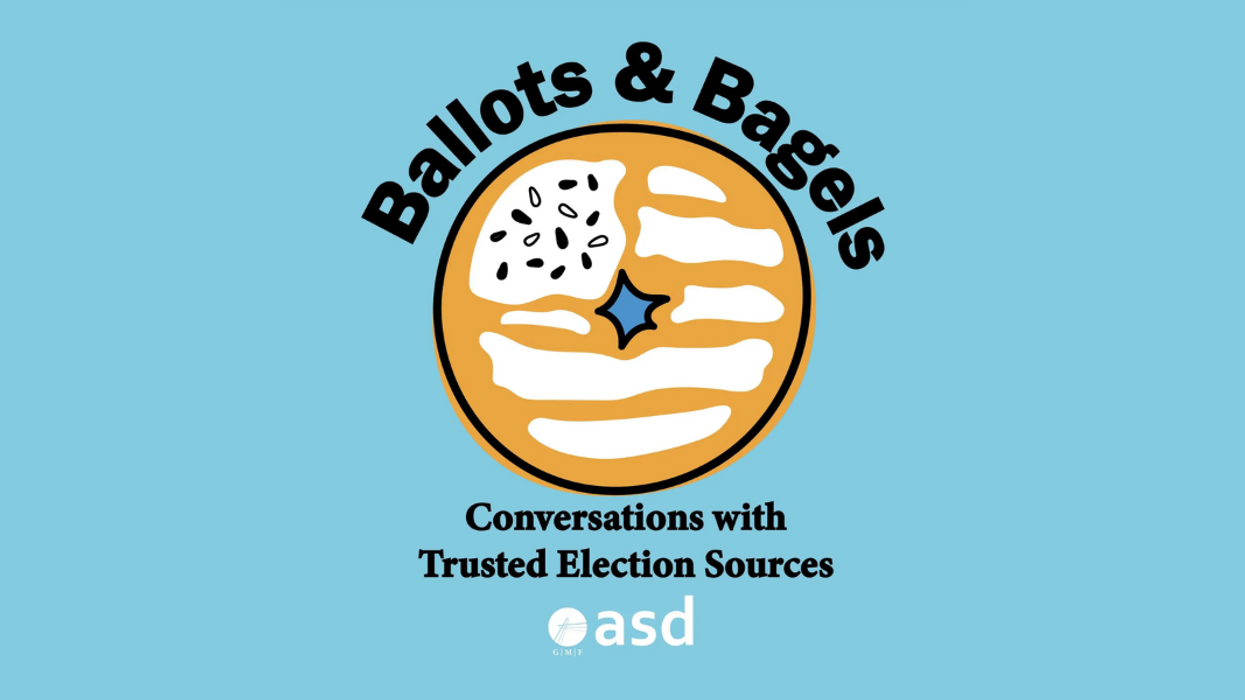Alliance for Securing Democracy (ASD) Elections Integrity Fellow David Levine spoke with longtime Wisconsin election administrator and Madison City Attorney Michael Haas about conducting Wisconsin elections, including the state’s August 9th primary, in the state’s hyper-polarized atmosphere.
Localities can often take steps to protect election workers, such as by creating task forces that respond to election worker threats and adopting meaningful penalties for threatening and harassing election workers.




















